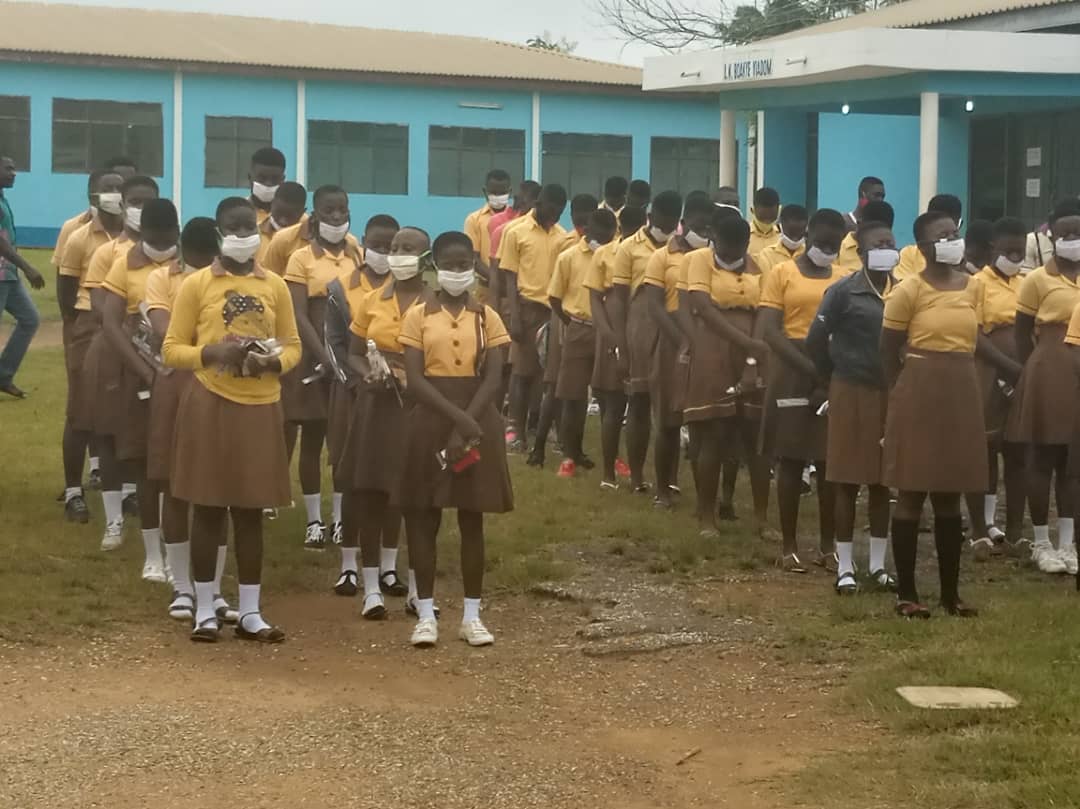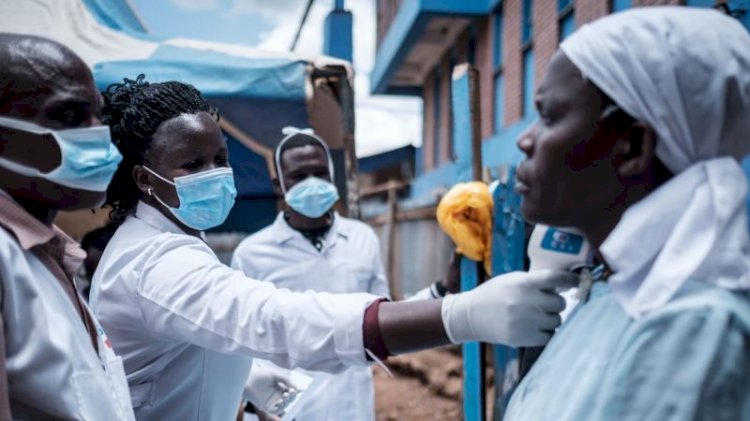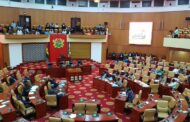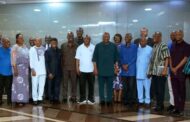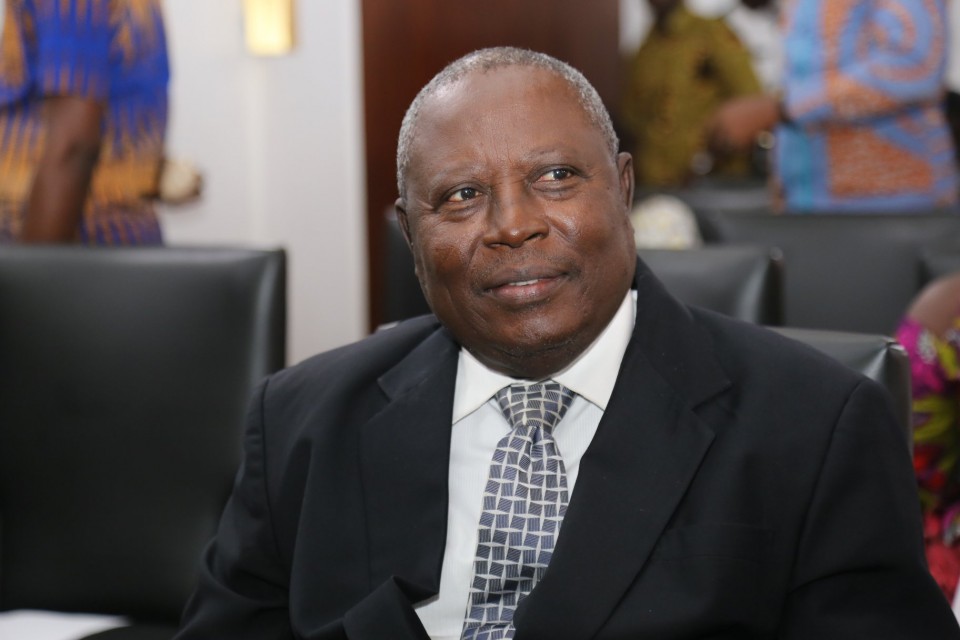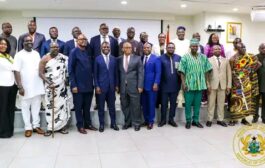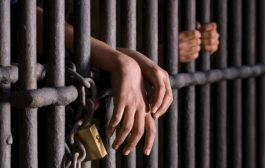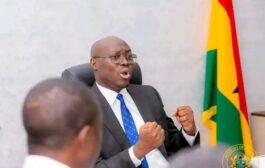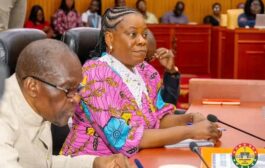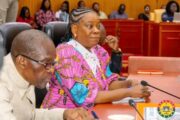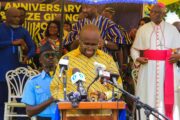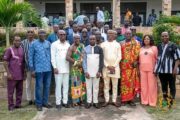All over the world, 15th September marks the celebration of the International Day of Democracy.
The International Day of Democracy was instituted in 2007 through a resolution passed by the then UN General Assembly, which is celebrated by all UN member states. The day motivates Governments to review democracy within their respective countries and look towards strengthening the same for inclusiveness. The theme for this year is ‘Participation’.
The main significance of the International Day of Democracy is that it provides an opportunity to urge people, all governments to respect the rights of the citizens and provide substantive and meaningful participation in democracy.
The Government of Ghana was created as a parliamentary democracy, followed by alternating military and civilian governments.
The 1992 constitution divides powers among a president, parliament, cabinet, the council of state, and an independent judiciary.
The politics of Ghana takes place in a framework of a presidential representative democratic republic, whereby the President of Ghana is both head of state and head of government.
The seat of government is at Golden Jubilee House.
Executive power is exercised by the government.
The government is elected by universal suffrage but Democracy is becoming expensive in Ghana.
In Ghana, the preamble of the 1992 Constitution refers to “…the Principle that all powers of Government spring from the Sovereign Will of the people; the Principle of Universal Adult Suffrage…” and Article 1 also states that the power of Ghana “resides in the people of Ghana in whose name and for whose welfare the powers of government are to be exercised in the manner and within the limits laid down in this Constitution.”
Source: Mybrytfmonline/Kofi Atakora




